
BUSINESS IN VENEZUELA
VENEZUELA A LAND OF OPPORTUNITIES
Officially the Bolivarian Republic of Venezuela, the country is located on the northern coast of South America, it has an area of 912,050 square km occupying a roughly triangular area that is larger than the combined areas of France and Germany, its capital and largest city is Caracas, and Spanish is its official language.
Although Venezuela is mainly known worldwide for its long tradition as a producer and exporter of petroleum and natural gas, the country also has great mining and clean energy generation potential.
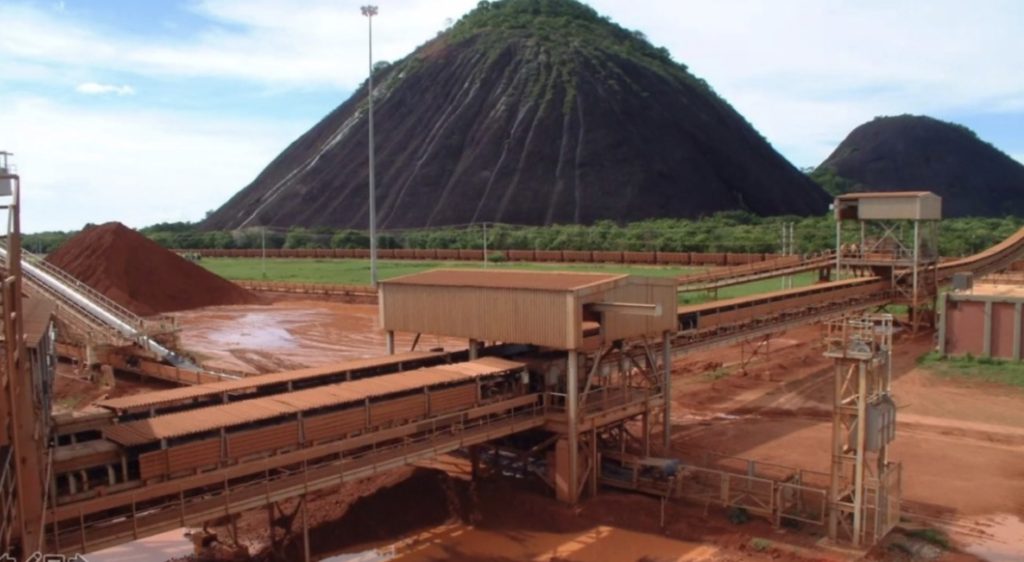
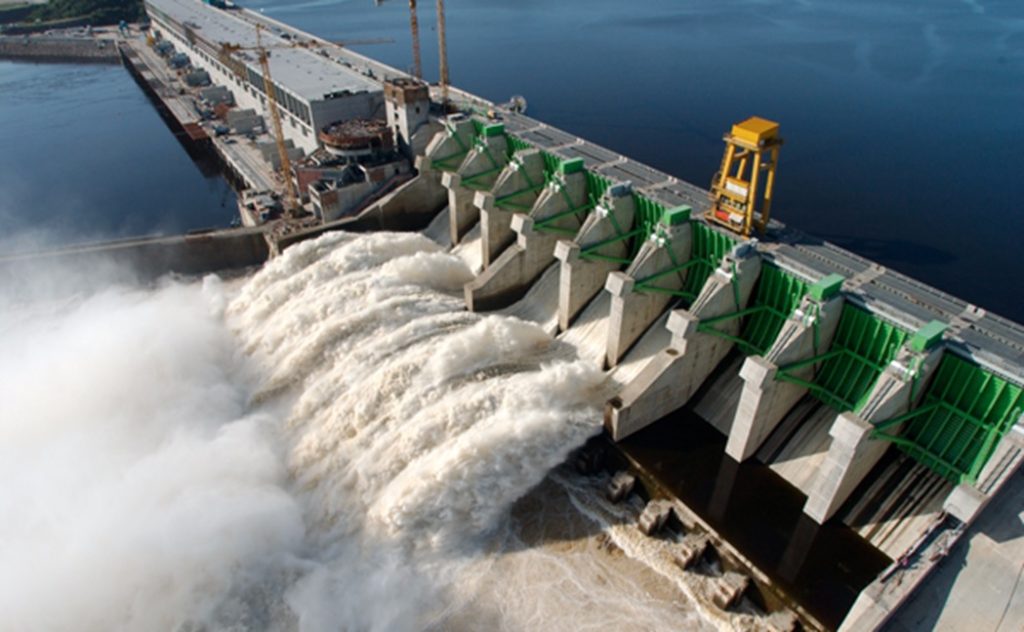
Venezuela has, among others, rich deposits of iron ore, nickel, coal, and bauxite; other important nonferrous minerals include gold and diamonds. There are also economically important quantities of nickel, phosphates, copper, zinc, lead, titanium, and manganese, and surveys indicate the existence of substantial deposits of uranium and thorium.

In accordance with the skills of our AlProTeS work team, on this Webpage we present a brief summary of business opportunities in the areas of our greatest expertise, Green Aluminium, Green Hydrogen, Green Iron, Green Steel, Renewable Energies; and given the various opportunities that the country offers, we are willing to also offer our advisory services in other industrial sectors, as well as in logistical and administrative aspects that facilitate the formulation and assertive execution of projects in the country.
Additionally, the country enjoys a privileged geographical position, and very attractive weather conditions, which we will briefly summarize below.
Due to its geographical position located to the south of the Caribbean Sea, almost equidistant between North and South America, Venezuela offers port and airport advantages for trading opportunities between the region and the rest of the world.
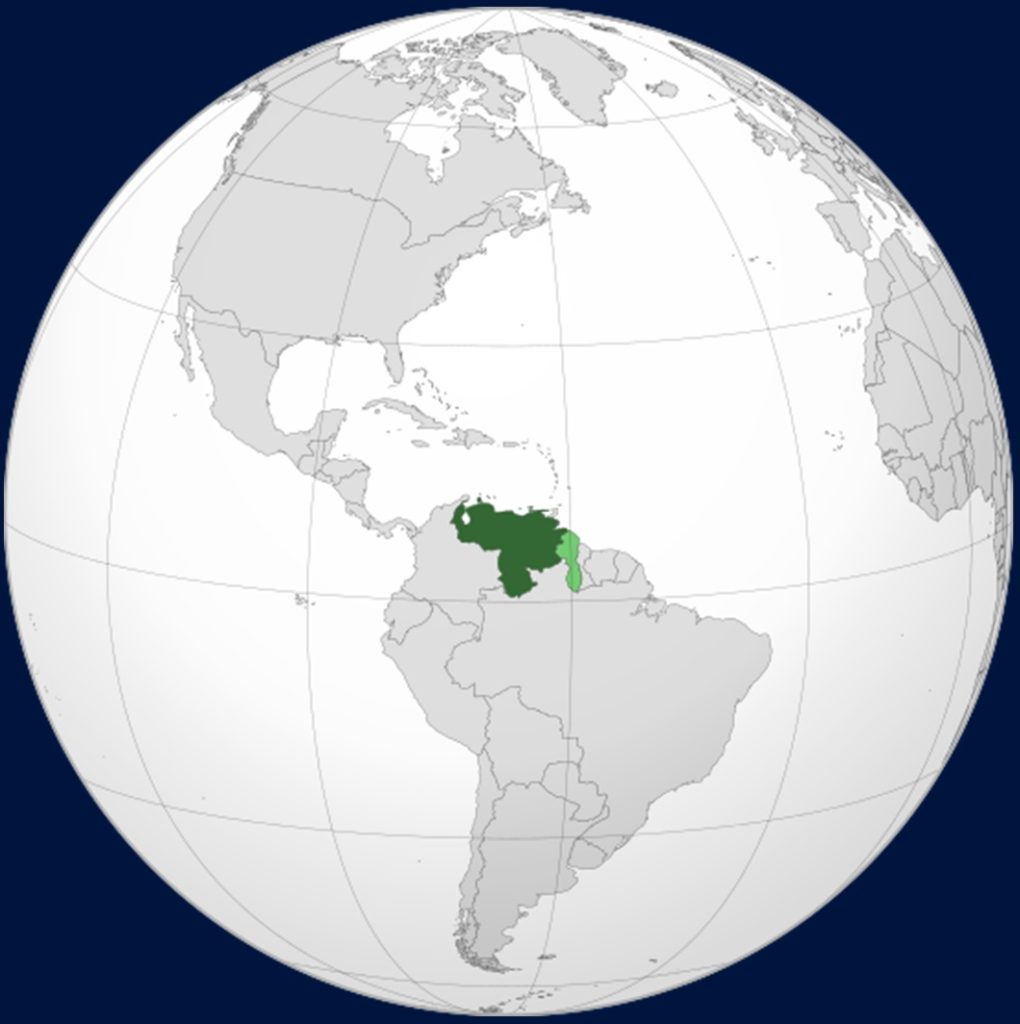
The relative proximity of Venezuela to the European Continent and even more to the United States, gives the country paybacks in terms of import and export of products, taking advantage of its great extension of coastlines that allow the use of the sea route, which is the most economical for the exchange of goods.
Its location in the northern part of South America allows for shorter shipping times to North America’s east coast and Europe than from other South American countries.
For example, a container ship takes approximately four days from Venezuela´s main port (Puerto Cabello) to Miami. It would only take seven days to Houston or New York, and only 15 days to Antwerp, Belgium.
Also, Venezuela offers relatively close access to the Panama Canal that allows access to the Pacific Ocean; therefore, through the Panama Canal, trade with China and Japan is done efficiently, which facilitates exports and increases in foreign exchange earnings.
Additionally, when compared with other countries in South America, according with Harvard University’s Centre for International Development, 56% of Venezuela’s territory is within 100 kilometres of the coast or a navigable river, while in Colombia and Peru this parameter only reaches 28% and 24% respectively. In total, according with REVIEW OF MARITIME TRANSPORT 2021 (United Nations Publications) Venezuela has 63 ports available for business.
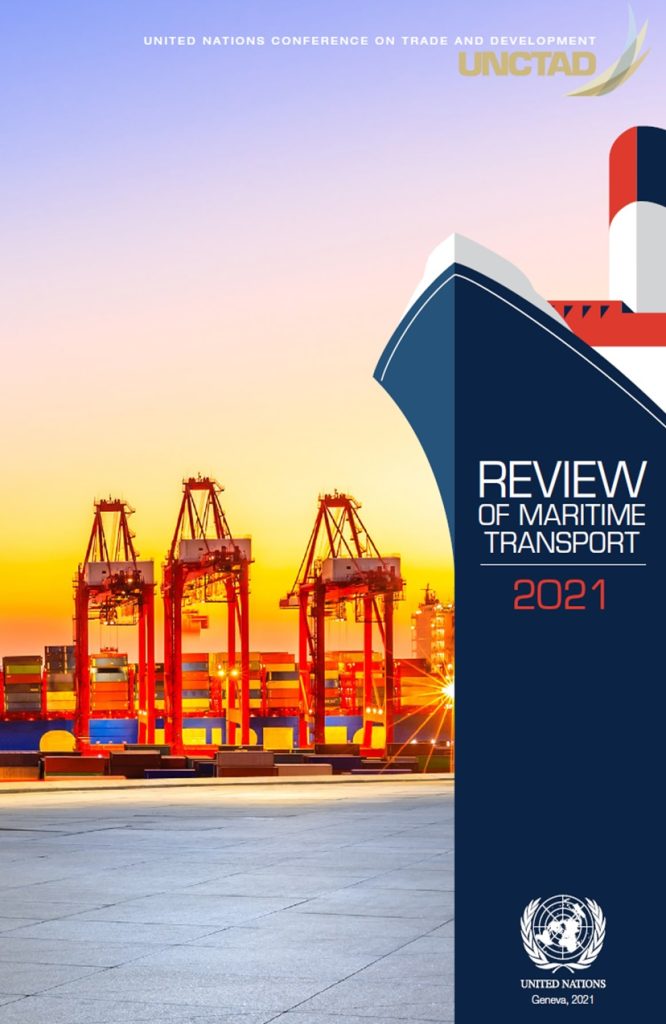
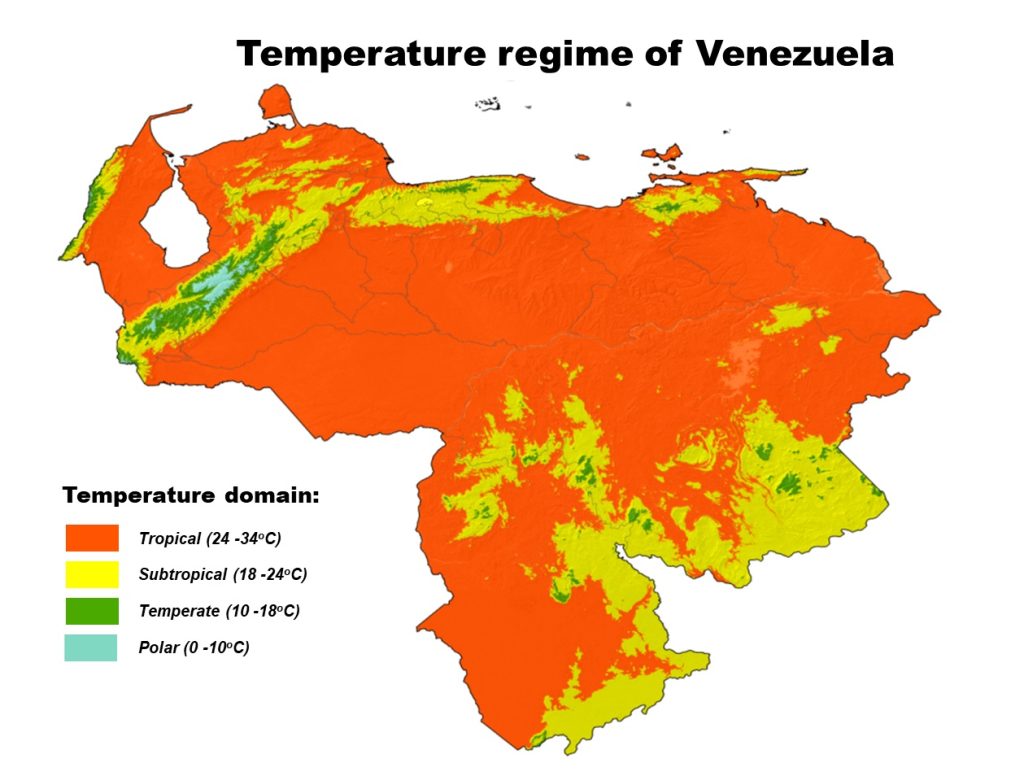
The privileged position of Venezuela, just south of the Caribbean Sea, located in front of the tectonic plates of the Atlantic, protects it from most undesirable weather events in the area, such as hurricanes and tornados, and chances of tsunamis to marine earthquakes are minimal, compared to the countries that have their coasts in the Pacific Ocean.
Throughout the year Venezuela enjoys a benign climate, it lacks the stations of the Nordic or Southern countries, having a temperature and level of rains normally regular during the twelve months, more than nine-tenths of Venezuela has a mean annual temperature above 24 °C.
These climatic characteristics of Venezuela allow an easy planning of industrial and commercial activities, being able to carry out tasks without interruption throughout the year; including those that depend directly on climatic conditions, for example electricity generation in solar or wind farms.
